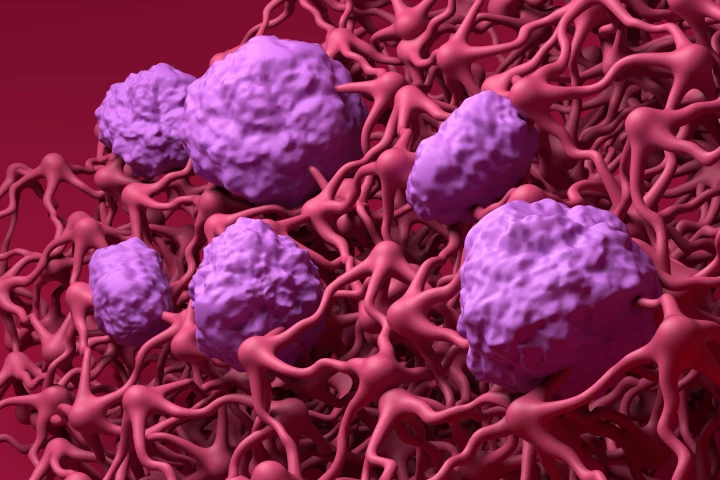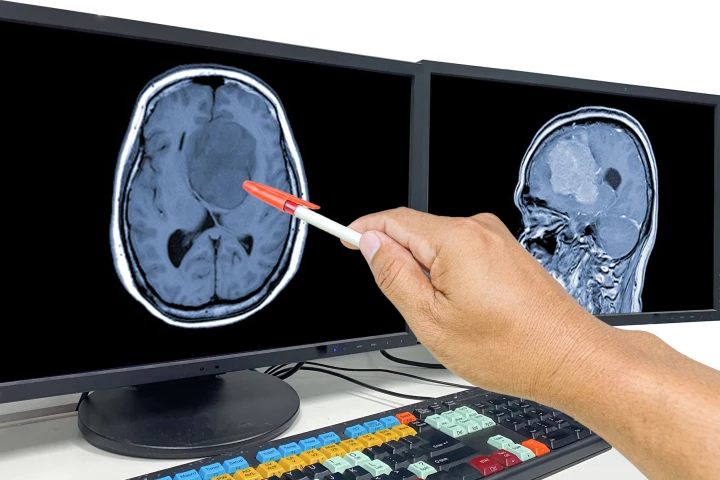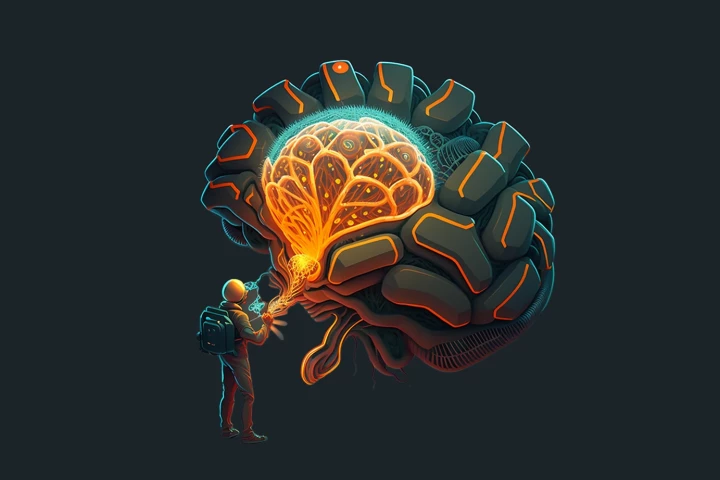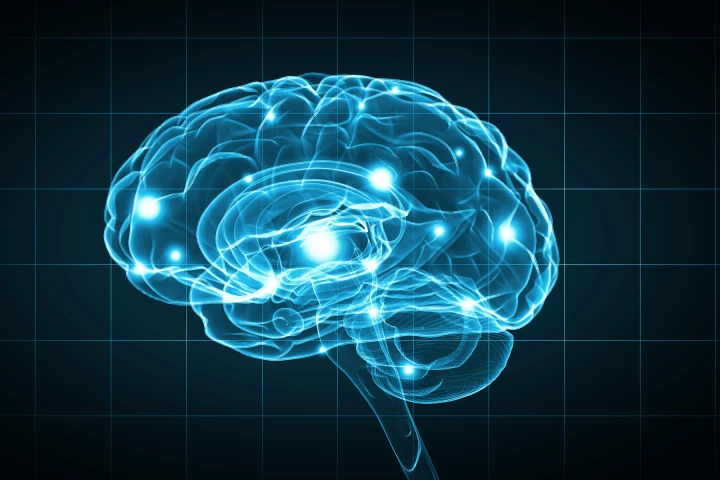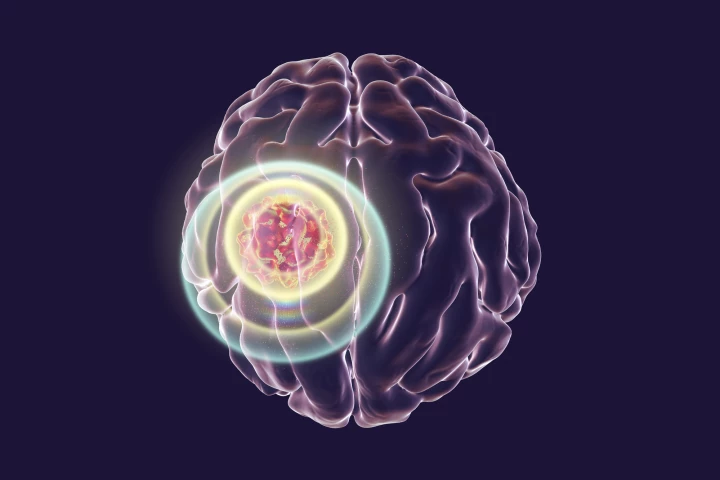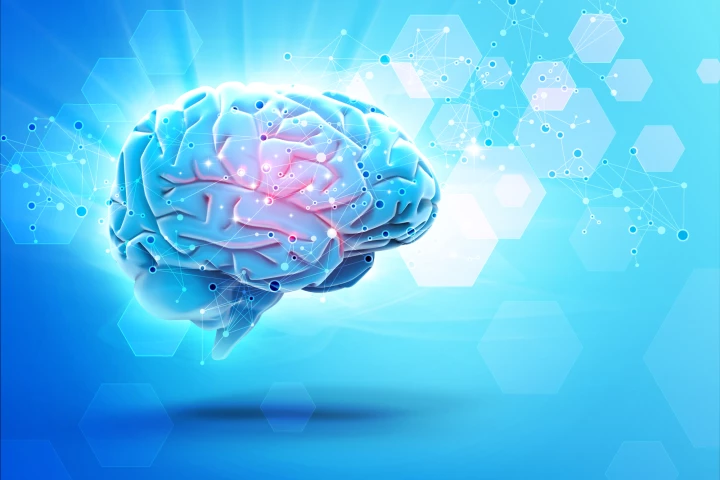Brain cancer
-
The blood-brain barrier performs a vital function in keeping out toxins and pathogens, but it can become “leaky.” Now Stanford scientists have identified therapeutic molecules that could help patch it up, to potentially prevent neurological diseases.
-
A new study has found that combining radiotherapy with a cancer-targeting virus was more effective at combatting a hard-to-treat, deadly form of brain tumor than using either therapy alone. The finding may lead to more effective cancer treatments.
-
Researchers tricked glioblastoma cancer cells in mice into taking up iron-filled carbon nanotubes. They then shredded those cells by spinning the tubes using magnetic force. The technique has the researchers hopeful for a similar result in humans.
-
In new hope for aggressive brain cancers, injecting a drug-laden hydrogel into the brain after tumors were surgically removed was found to launch a combined chemo- and immunotherapy attack, preventing cancer from returning in 100% of treated mice.
-
By removing certain amino acids from the diets fed to rodents suffering from glioblastoma, researchers found that brain cancer cells began dying. What's more, mice put on the restrictive diets were also more receptive to chemotherapy treatment.
-
Scientists have found a way to fight cancer with cancer, by genetically engineering cancer cells to release drugs at established tumor sites and stimulating the immune system. Tests in mice showed promise as both a therapy and preventative vaccine.
-
The brain’s natural defenses can make tumors in this part of the body difficult to treat, but scientists have found some early success using electrical fields in laboratory models that led to the selective death of tumor cells.
-
Researchers have developed an implantable pump that can deliver chemotherapy drugs directly into the brain to fight hard-to-treat cancer. In a phase 1b trial, patients were able to undergo the therapy while going about their day-to-day activities.
-
Brain cancer is one of the most insidious forms of the disease, but a new wireless device could help improve survival times. When implanted between the skin and skull, the device uses infrared to heat up gold nanoparticles to kill cancer from within.
-
A newly developed, highly sensitive biosensor likened to a “deep surveillance” system has hinted at more accurate ways to diagnose brain cancer, with an ability to detect and pinpoint the location of tumors from less than a drop of blood.
-
Researchers at UNC have discovered that a common lab molecule, used to label DNA, can trigger a runaway process that eventually leads to cell death. But the team says this could have a positive use too, as a potential cancer treatment.
-
Glioblastoma is one of the most deadly forms of cancer, often returning with a vengeance after it's removed. A newly developed immunity-boosting hydrogel could be injected into the brain after surgery to clear out remaining cancer stem cells.
Load More
